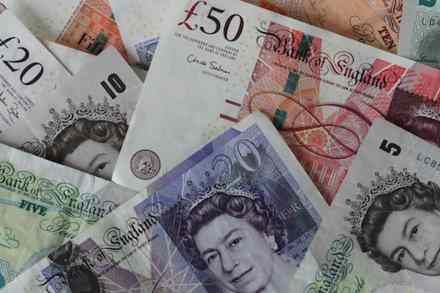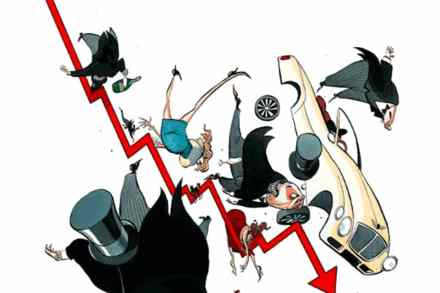Britain is being pulled under by debt
Britain is slowly drowning in debt. Figures just released by the Office for National Statistics (ONS) show that in the financial year to July the state had to borrow £60 billion to tread water. That’s £6.7 billion more than by July last year and the third highest borrowing total for this period of the year since records began 32 years ago. Statisticians also managed to find almost another billion pounds in debt payments that now need to be added to the previous month’s figures. When the Bank cut interest rates, something alarming happened in the borrowing markets There was better news, though, when looking at the month of July alone, with






















